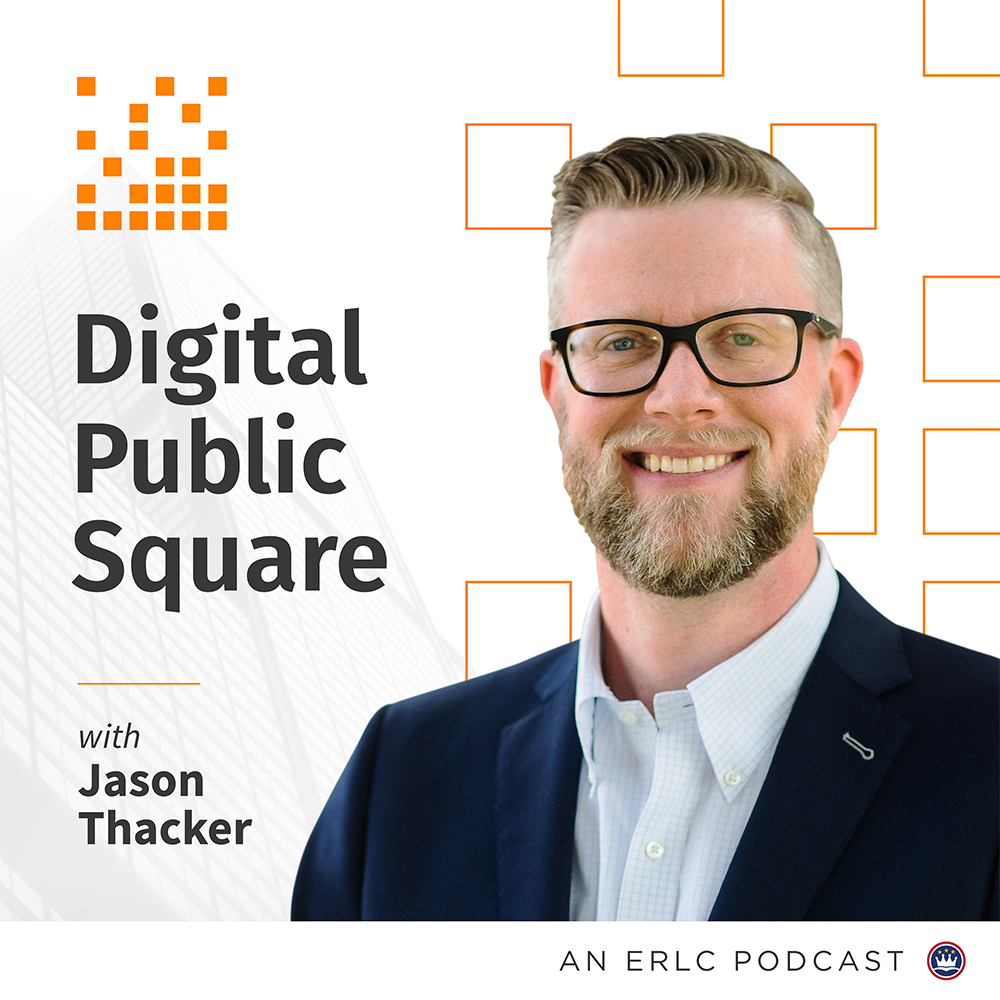In June 2019, there was a Twitter backlash against the Black Hat security conference and its decision to confirm Rep. Will Hurd (R-Tx.) as a keynote speaker. Black Hat is a technology event series founded in 1997. Many within the national security and cybersecurity fields, along with many long-time attendees, voiced their disgust that Black Hat would choose to highlight Hurd given his pro-life convictions and voting record. Black Hat decided to rescind the invitation, bowing to public pressure.
While the issues of abortion and cybersecurity seem to be separate, the canceling of Hurd’s keynote is a prime example of a phenomenon in our society called “cancel culture.” This happens when a group seeks to cancel someone or something often based on a single disqualifying factor. These factors can be as simple as a past tweet or article, or as large as a deeply held religious or social belief. Those who seek to cancel someone will use anything to silence any dissenting opinion or thought, which leads to a breakdown of civil discourse and a weakening of our social fabric.
The Rundown
ByteDance picks Oracle as partner to try to save TikTok U.S. – Reuters
Last Monday, ByteDance announced it would partner with Oracle for the app’s U.S. operations. And over the weekend, news broke that the U.S. would ban new downloads of the app in the United States beginning yesterday. Time will tell if these arrangements will adequately address the issues of CCP involvement with ByteDance and the national security concerns with the app.
Portland approves strictest ban on facial recognition technology in the U.S. – The Oregonian
The city council of Portland, Oregon banned the use of facial recognition technology by the city and private businesses. The issues surrounding the use of such technology are ultimately tied to the concern for human dignity. While it is crucial that we develop and use innovations to help make our cities safer, Christians should oppose the use of technology that unjustly targets individuals or is used to exploit vulnerable populations.
Twitter creates online hub for US election info, to combat misinformation – CNet
Twitter has launched a new section in its explore tab dedicated entirely to the 2020 US elections. Even as social media companies like Twitter take steps to promote reliable political sources, users should be aware that these platforms still contain misinformation and inaccurate representations of news and events. As always, we need to be diligent about how we use social media and wise about the information we share online.
Clemson researchers launch ‘Spot the Troll’ tool to fight social media disinformation – USA Today
Two researchers from Clemson University released an online quiz called “Spot the Troll” to help social media users learn how to spot misinformation online. Even with tools like these, users should still be cognizant of the sources of information found online. Because our witness as Christians also applies when we are online, we should be motivated to share content that is truthful and engages our neighbors in a loving and dignifying way.
Other Resources:
Should Facial Recognition Be Used in Policing? – The Gospel Coalition

Digital Public Square Podcast with Jason Thacker
Conversations on theology, ethics, and philosophy in the public square


